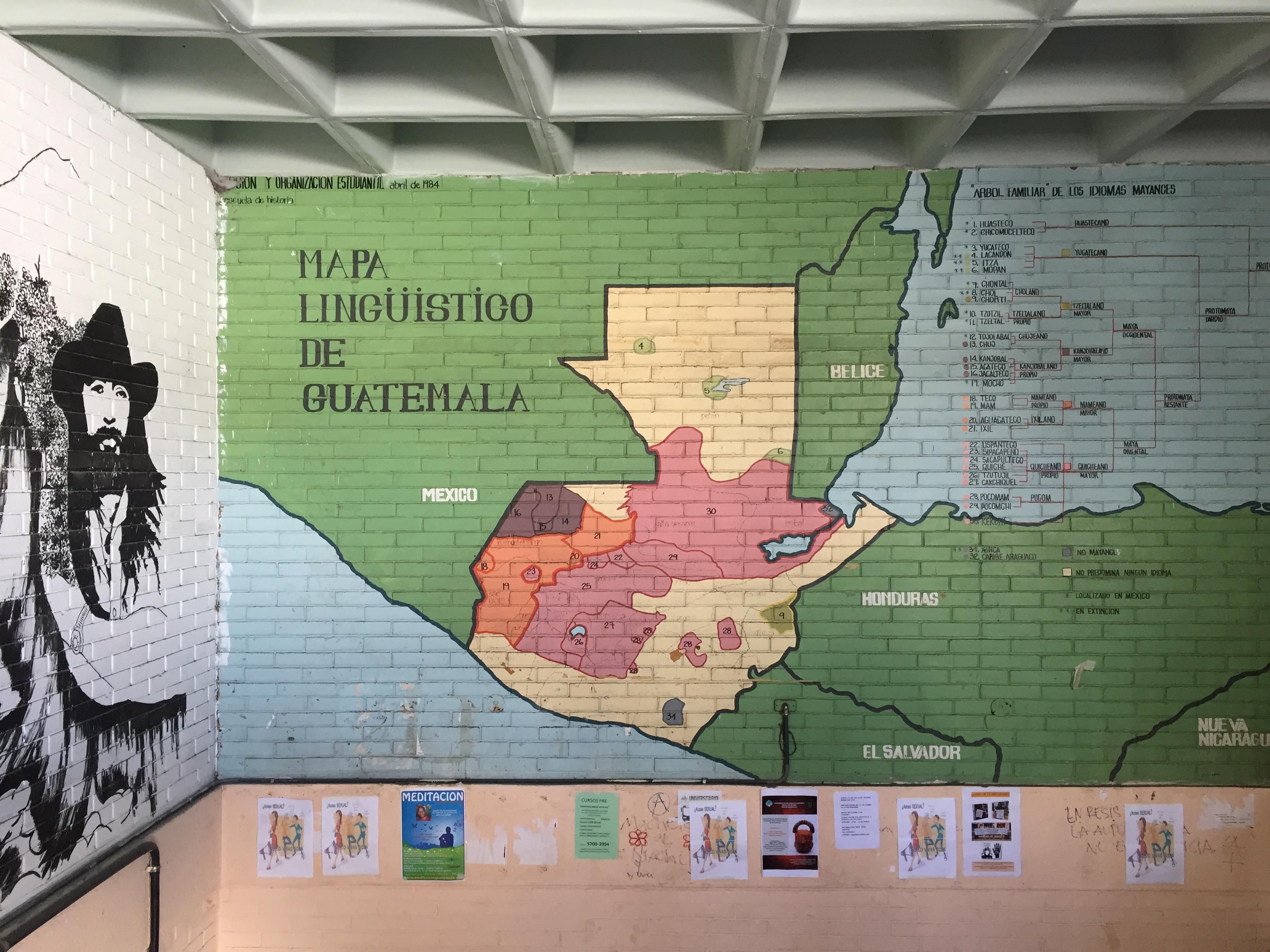Ethnic Power Relations and Conflict in Fragile States

This project proposes to study the link between group-level inequality and ethnic conflict in fragile states. As illustrated by the Arab spring, numerous civil wars and uprisings, continue to claim thousands of casualties, result in huge refugee flows, and cause economic distress. In most cases the state is either under attack or is so fragile that it can hardly control its territory. While recent scholarship has demonstrated that economic and political inequality between ethnic groups appears to be a major contributing factor to political instability and conflict, the exact mechanisms behind this regularity have so far not been sufficiently probed.
About the project
Background
Although political violence appears to be on the wane, numerous civil wars and uprisings continue to claim thousands of casualties, result in huge refugee flows, and cause economic distress. In most cases the state is either under attack or so fragile that it can hardly control its territory. While recent scholarship has demonstrated that economic and political inequality between ethnic groups is a major contributing factor to political instability and conflict in both of these situations, the exact mechanisms behind this relationship have so far not been sufficiently probed. Mobilization processes of ethnic groups and states’ accommodating strategies are likely to be of central importance in this relationship.
Objectives
In cooperation with researchers in five different developing countries – in regions that are themselves affected by such conflicts –, this project examines the link between group-level inequality and ethnic conflict in fragile states. We aim to provide scientific knowledge to political actors to reduce exclusion and discrimination of ethnic groups and to mitigate its adverse consequences, especially with respect to conflict and political instability, thereby improving governance in these countries and their surrounding regions. Concretely, the project intends to improve existing measures of inequality, while paying closer attention to both subjectively perceived collective grievances and mobilization processes involving political organizations that represent ethnic groups. A key characteristic of this project is the refinement of global quantitative data with the local expertise of our partners.
Relevance
A more detailed understanding of the formation of collective grievances and the political mobilization of ethnic groups, as well as possible accommodating strategies by the state, can serve as a basis to produce policy recommendations for structurally weak multiethnic countries in order to reduce the risk of violent ethnic conflict and improve political stability. The transfer of scientific knowledge to political decision makers as well as to society at large in the regions of interest are an important and integral part of the project.
Highlights and most important results
The project so far has made three major findings:
- First, the consequences of ethno-political mobilization depend greatly on the ethnic cleavage type in a country. In societies with hierarchical group relations, as, for example, in Latin America, ethnic movements are likely to promote the political empowerment of historically subordinated groups. This finding qualifies commonly held notions (both in academic and journalistic works) about the precarious consequences of ethnic mobilization for horizontal equality and peace.
- The second outstanding finding refers to the role of natural resources in fueling sentiments of ethnic inequality. In contrast to conventional accounts of the resource-conflict link, the interaction with the partners has produced preliminary evidence that state-led extraction of mineral resources tends to trigger ethnic grievances along the lines postulated by our project. Yet, in addition, we have also found that the resource curse may actually decrease the risk of governmental conflict.
- Finally, information on politically relevant groups and their access to executive power has been extended and validated with contributions from each hub, proving the relevance of such data. Inputs from the hubs allowed to identify two gaps, namely political inequality at the subnational level and the discrepancy between perceived and objective inequalities both in political and economic terms.
Geographic scope
- Côte d'Ivoire, from 1.1.2017
- Egypt
- Ghana, until
- Guatemala
- India
- Zambia
Project website and links to P3
- Link to project website
- Links to project phase
) and project phase
) on SNSF research database P3
